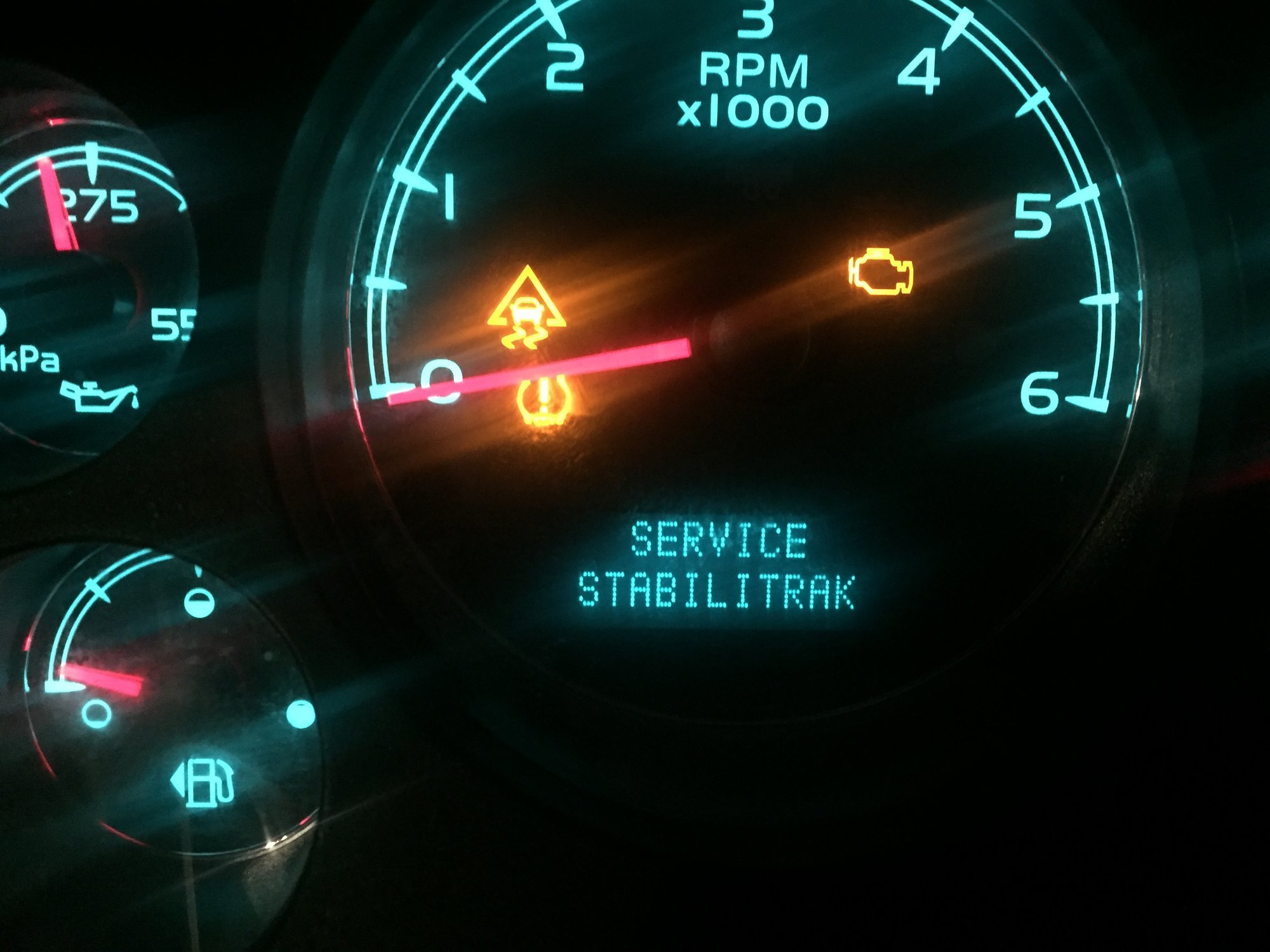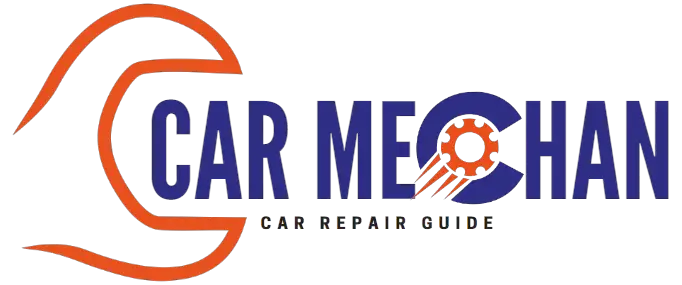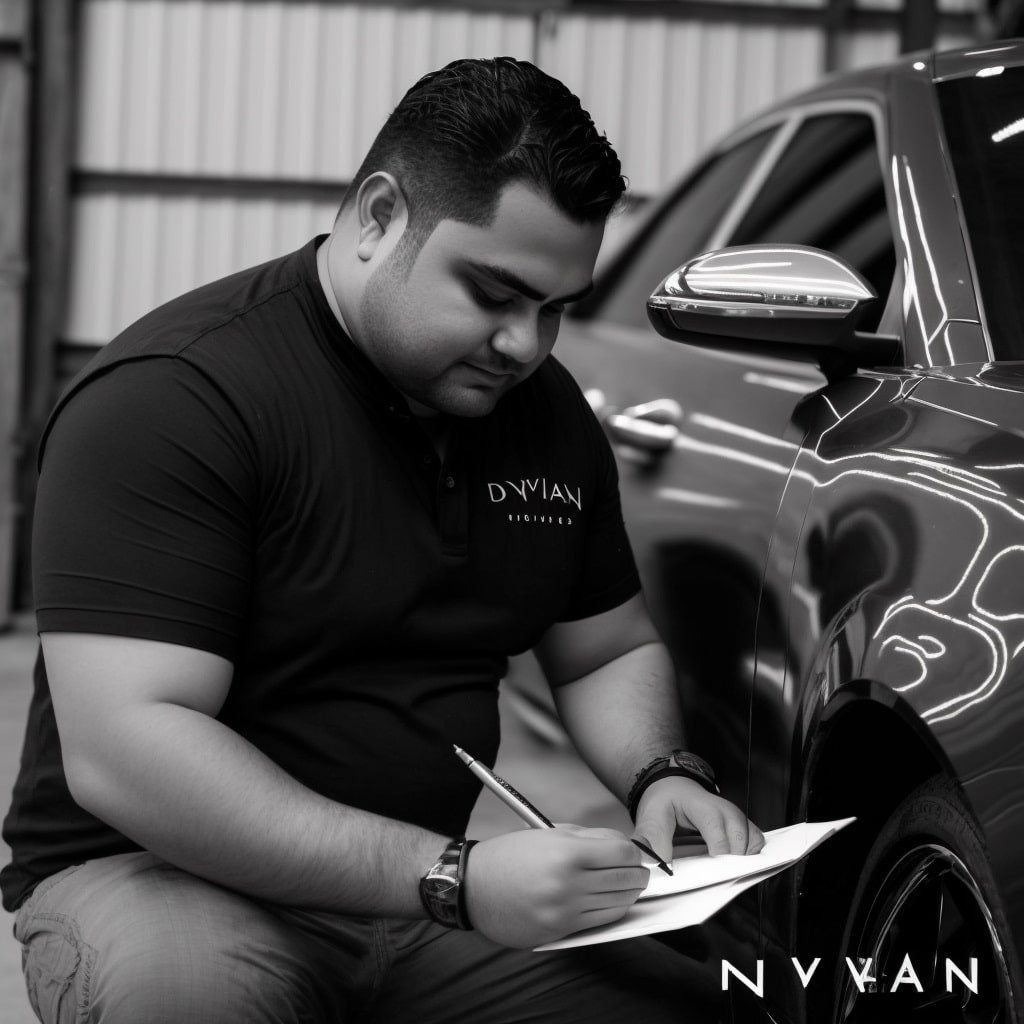Last Updated on June 20, 2023 by Ryan
Traction control is an electronic system that helps prevent wheel spin when accelerating from a stop or corner. When the traction control light comes on and the car starts jerking, it means that the system has detected wheel spin and is attempting to reduce power to regain grip. The most common cause of this issue is low tire pressure, which can make it difficult for your tires to grip the road surface.
If you are sure your tire pressures are correct, then another potential cause could be failing brakes or worn brake pads/shoes causing excessive wheel speed variation between front and rear wheels. It may also just be a fault in the traction control computer itself so if all other checks fail then take it into a mechanic for further diagnosis.
If your car’s traction control light comes on and the vehicle starts jerking, this could be an indication of a serious mechanical problem. It is important to take your car to a certified mechanic as soon as possible so they can diagnose the issue and make appropriate repairs. In some cases, you may need to replace parts like wheel sensors or other components in order for your traction control system to function properly again.
Ignoring this warning sign could lead to further damage and costly repairs down the road.
What Does Traction Control Warning Light Mean? Don't Ignore This!
Why is My Car Shaking And the Traction Control Light?
If your car is shaking and the traction control light is on, it could be a sign that your vehicle has lost traction. This can happen when you drive over slippery or icy surfaces, or if there’s an issue with the tires such as low air pressure or worn treads. It can also indicate an issue with the brakes or suspension system, such as worn brake pads, rotors, calipers, shocks and struts.
If this happens to you, it’s important to have your car looked at by a certified mechanic as soon as possible in order to identify and address any potential issues before they become more serious — potentially leading to further damage down the line.
What Causes a Car to Jerk Suddenly?
Car jerks can be caused by several different factors. The most common cause of a car jerk is a dirty or clogged fuel filter, which restricts the flow of gasoline to the engine and causes it to misfire as it struggles for power. Another possible cause could be worn spark plugs, which can result in an uneven fuel-air mixture that causes power fluctuations and jerking motions.
In some cases, the problem may stem from a faulty ignition coil or air intake system, both of which can disrupt the combustion process and lead to sudden jerks in your vehicle’s performance. Finally, transmission issues such as slipping clutches or low fluid levels can also contribute to this issue if left unchecked for too long.
Does Traction Control Affect Acceleration?
Yes, traction control can affect acceleration. Traction control helps to maintain traction between the tires and the road surface when accelerating, which allows for more power to be delivered to the wheels without sacrificing grip. This reduces wheel spin and provides smoother acceleration by reducing any slipping that may occur due to sudden changes in speed or direction.
In addition, it also prevents over-acceleration by cutting off engine power if excessive slip is detected. Overall, improved traction leads to better acceleration as well as improved handling and stability on wet or icy surfaces.
Why is My Car Jerking When I Try to Accelerate?
It is possible that your car is jerking when you try to accelerate due to a number of different causes. It could be related to fuel delivery issues, or it could be an electrical problem with the ignition system. If you recently filled up the tank, it may have been contaminated with water or debris from the pump which can cause misfires and jerking.
Another common issue is worn spark plugs which can cause a loss in power while accelerating. Additionally, there may be an issue with the mass air flow sensor that needs replacing. To determine what exactly is causing your car’s jerking behavior, we recommend bringing it into a professional mechanic for inspection and repair as soon as possible.

Credit: chevytrucks.org
Why Did My Traction Control And Check Engine Light Come on
If your traction control and check engine lights both come on at the same time, it can be a sign of an underlying system issue that needs to be addressed. This could be something as simple as a loose gas cap or a more serious problem like an electrical fault in the vehicle’s computer system. It is important to have any potential issues diagnosed by a certified mechanic so that you can get back on the road safely and without further damage to your vehicle.
Traction Control Light And Loss of Power
If your vehicle’s traction control light is illuminated and you experience a sudden loss of power, it could be due to a problem with the ABS (Anti-lock Brake System) or another electronic system. This warning light indicates that something has gone wrong with the car’s ability to maintain traction on slippery surfaces. It is important to have your vehicle inspected by a qualified mechanic as soon as possible after this warning appears in order to prevent further damage from occurring.
Traction Control Light on And Car Won’T Accelerate
If the traction control light is illuminated on your dashboard, and your car won’t accelerate, this could be due to several issues. It may be that there is a problem with the Anti-Lock Braking System (ABS) or Electronic Stability Control (ESC) module, or it could indicate an issue with the brakes. If you experience this problem, it’s important to get your vehicle checked out by a qualified mechanic as soon as possible.
Conclusion
In conclusion, when the traction control light comes on and a car begins to jerk while driving, it is important to get it checked out as soon as possible. This issue could be caused by a variety of factors, including an ABS system malfunction or low tire pressure. If left unchecked, this problem can lead to further damage down the road and cost more money in repairs.
Therefore, it’s best to take care of any issues with your car’s traction control system right away for optimal safety and performance.



